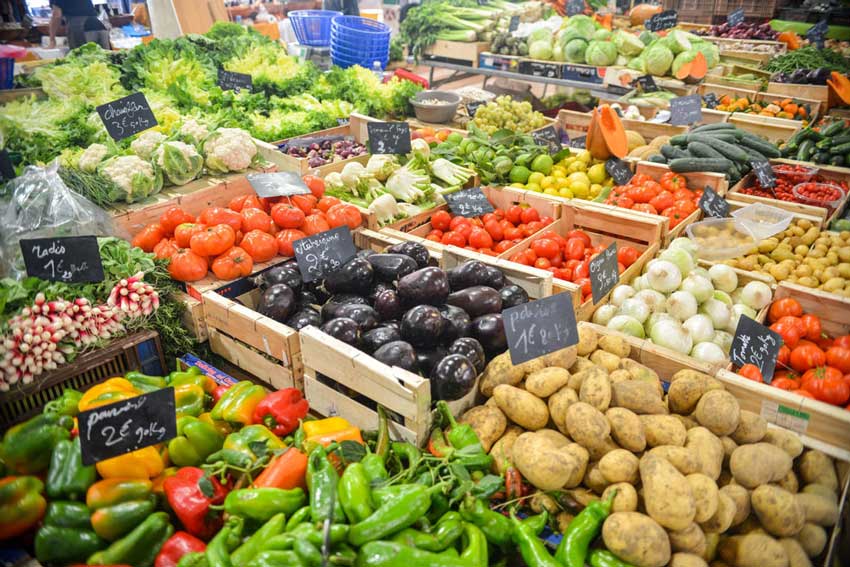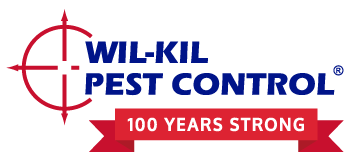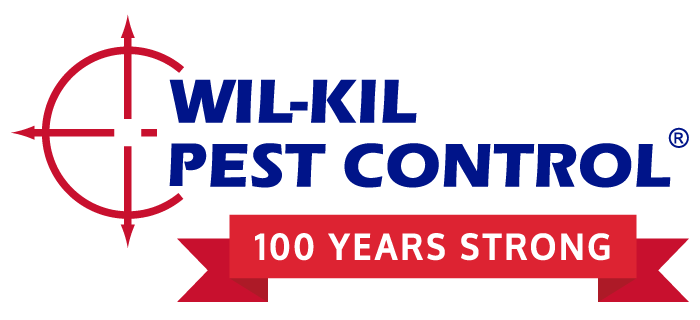Pests are a problem at many levels of the food chain, from food processing to packaging and distribution. However, we often forget that preventing pests is just as crucial once food products arrive on store shelves. Because most grocery/food retail stores have a high volume of shoppers and regular deliveries, pests have ample opportunities to find their way inside.
Most of the time, pest infestations occur wherever food is sitting out – especially near deli/meat sections, produce and bakery. You may also find them near loading docks and dumpsters (a popular entrance point) and employee break rooms. Bottom line – finding pests where customers are purchasing their food is a huge risk to both your brand’s reputation and is a health hazard.
Get A Free Quote
Most Common Grocery Pests
 If you own or manage a grocery store there are a few types of pest infestations you may have encountered more often than others. German cockroaches, mice, flies, stored product pests (i.e. meal moths) and even birds are an issue for food retail stores. Some of these, especially rodents and birds, are drawn to grocery stores due to their wide-open spaces and abundance of hiding spots. Insects, on the other hand, can hitchhike their way in through deliveries and packages, and come up through drains. Once inside, they can easily sustain themselves due to the excess of food, water and shelter.
If you own or manage a grocery store there are a few types of pest infestations you may have encountered more often than others. German cockroaches, mice, flies, stored product pests (i.e. meal moths) and even birds are an issue for food retail stores. Some of these, especially rodents and birds, are drawn to grocery stores due to their wide-open spaces and abundance of hiding spots. Insects, on the other hand, can hitchhike their way in through deliveries and packages, and come up through drains. Once inside, they can easily sustain themselves due to the excess of food, water and shelter.
The biggest risk that comes with these pests is the chance of food contamination. Many of these pests spend time in garbage, sewers and even animal carcasses. This increases the chances they may spread disease to food products that are in your store.
Tips for Keeping Pests Out
The best cure for a pest problem is to stop it before it starts. Here are a few preventative measures you can take in order to keep pests out:
- Thoroughly inspect any packages and deliveries for signs of pests. Once unloaded, break down and recycle cardboard boxes and discard them from the building.
- Inspect pipes, drains, dishwashers and refrigerators for water leaks that may attract pests. Repair any leaks that are found.
- Have a regular cleaning schedule at food bars with self-serve containers, delis and other areas with open food sources. Pay special attention to cracks/crevices where food may collect.
- Empty trash at least once a day and place receptacles far from the building. Keep all tightly sealed.
- Educate staff on the signs of pest activity and how to address conducive conditions. If pests are seen first-hand by staff members, they should alert their managers immediately.
Recruit an IPM Specialist
Most importantly, make sure you are well-equipped with a reputable pest management professional that can help you meet the strict regulations placed upon grocery stores and other parts of the food production business. Not only will a pest professional help minimize the risk of losing customers, but also avoid potential federal, state and local public health violations and help prepare you for future audits.
Wil-Kil is a leader in Midwest pest control for both homes and businesses. Let us help you keep pests out for good. Contact us here.

